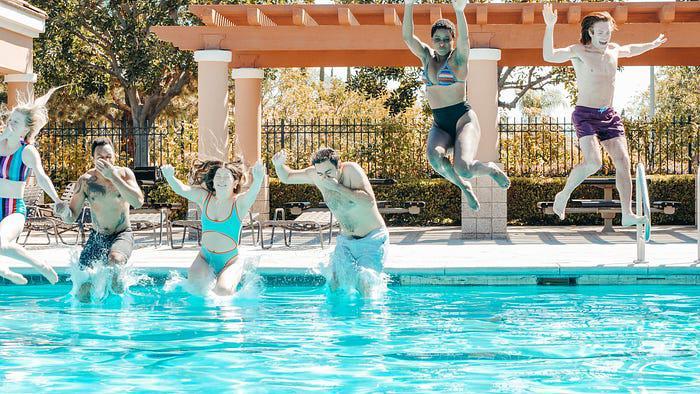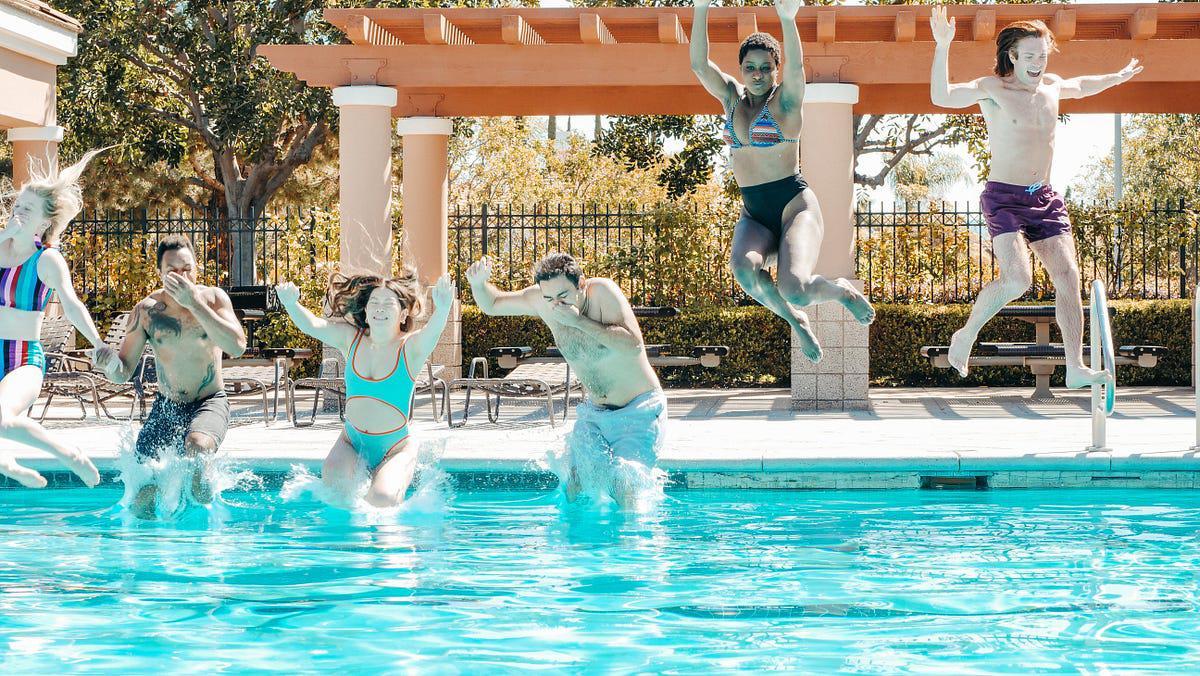Self

The worst part of my university experience was getting out of a warm bed at 5 a.m. and jumping into a cold pool just 20 minutes later. It was never easy. In fact, as winter set in and snow began to fall between me and the aquadome, it got worse.
For a week, the pool's heating system was broken. Sadly, it wasn't cold enough to cancel swimming. We were young, fit, and used to dealing with chilly water, but this was a whole different level. Many of us stood at the edge of the pool deck, staring at the water, contemplating life choices.
Something peculiar happened that week. My appetite went through the roof. Despite already eating 5,000 calories a day, I needed more food. The team nutritionist suggested it could be due to the temperature change in the water, citing a similar trend when the heater broke. She prescribed more carbs for me, and I obliged.
It's no news that cold can rev up your metabolism. But now, it's a topic expanding research in the battle against obesity and promoting health. Researchers led by Dr. Marc L. Reitman used intermittent cold exposure on a group of mice. They were kept at 4 degrees Celsius for 8 hours, three times a week. The researchers found that the mice's metabolism rate doubled over this period, showing an increase in brown fat. This is crucial as brown fat is associated with weight loss and has an inverse correlation with high BMI.
Brown fat burns, stores, and packs more energy than other types, stored in small spaces packed with iron-rich mitochondria, giving it a darker color than white fat associated with obesity.
However, Dr. Reitman's research encountered the same issue I faced with swimming. The mice were quite hungry and compensated for the increased metabolism by eating more. Scientists suggested that interventions are necessary for weight loss to actually occur and be sustained.
